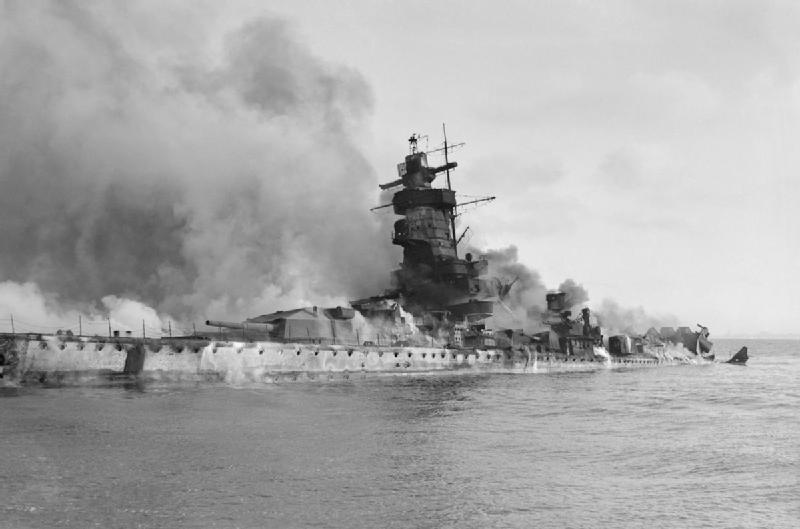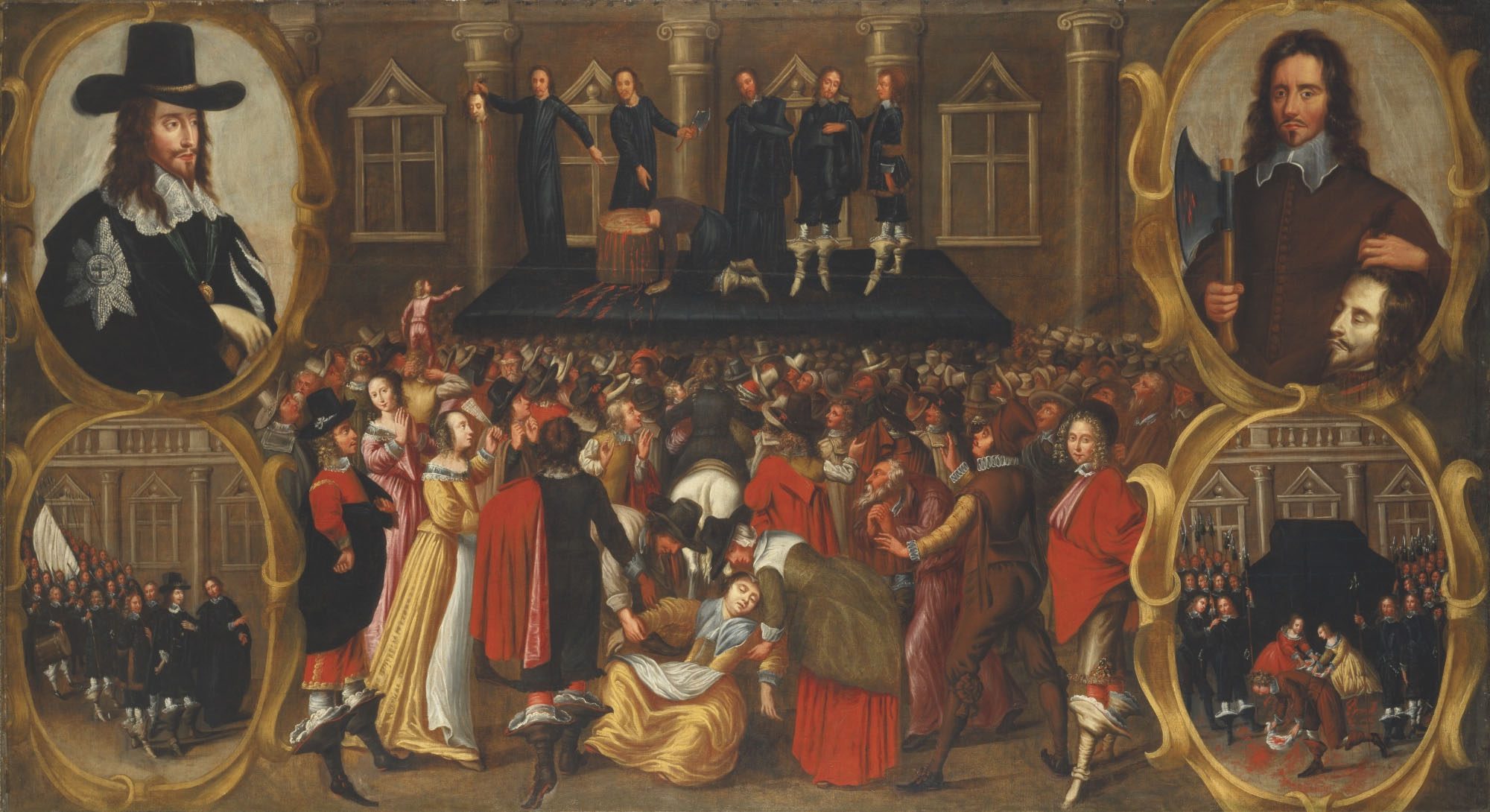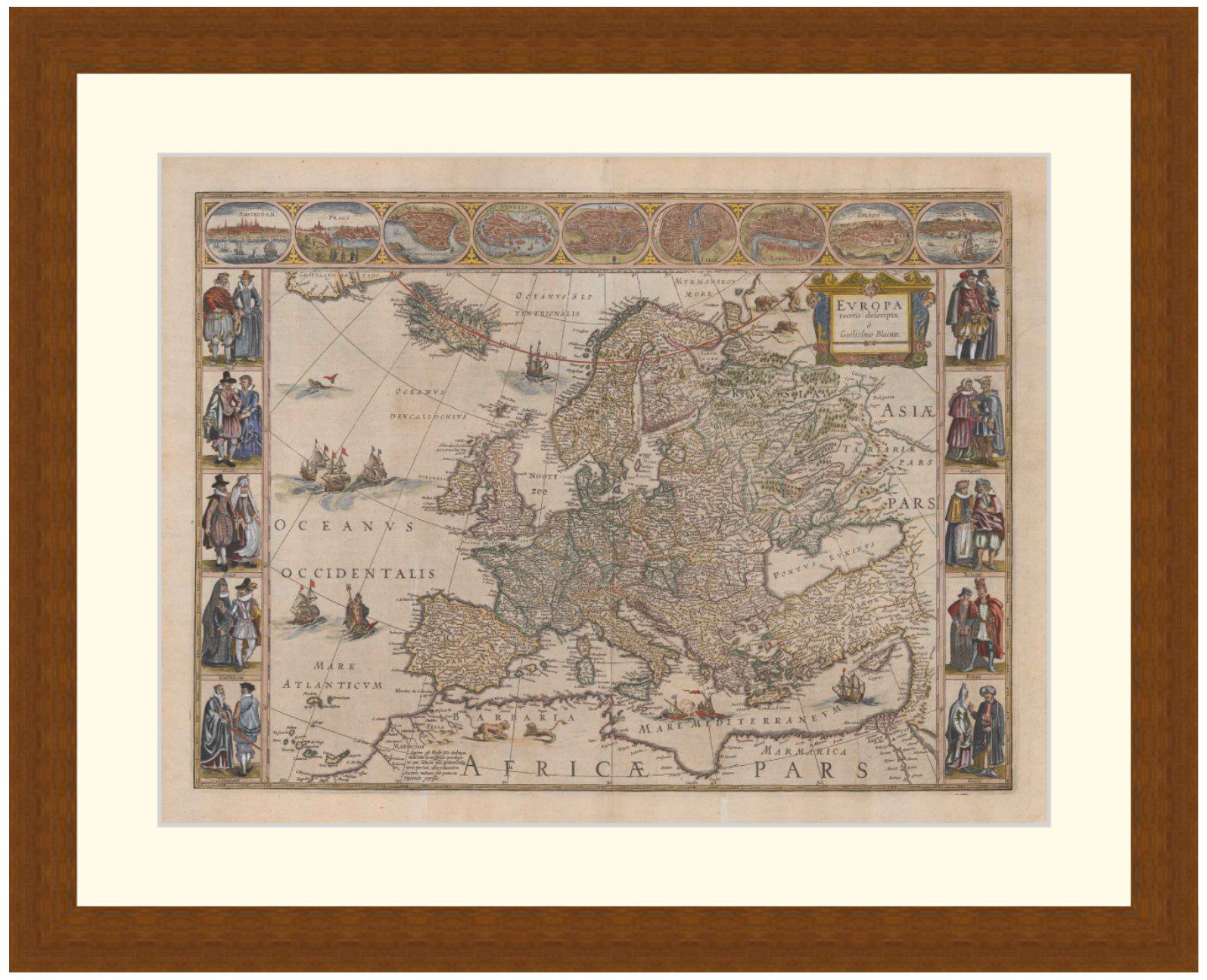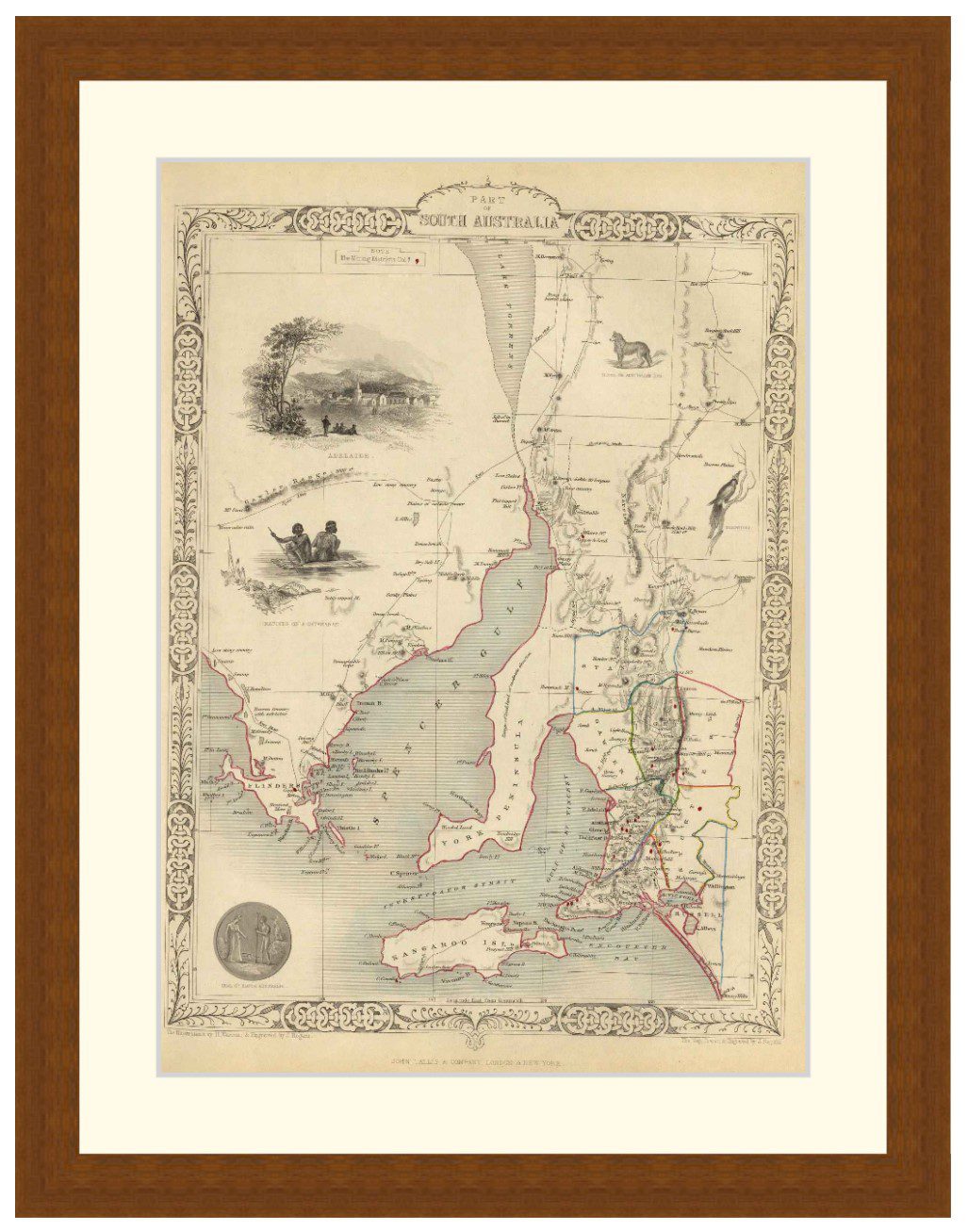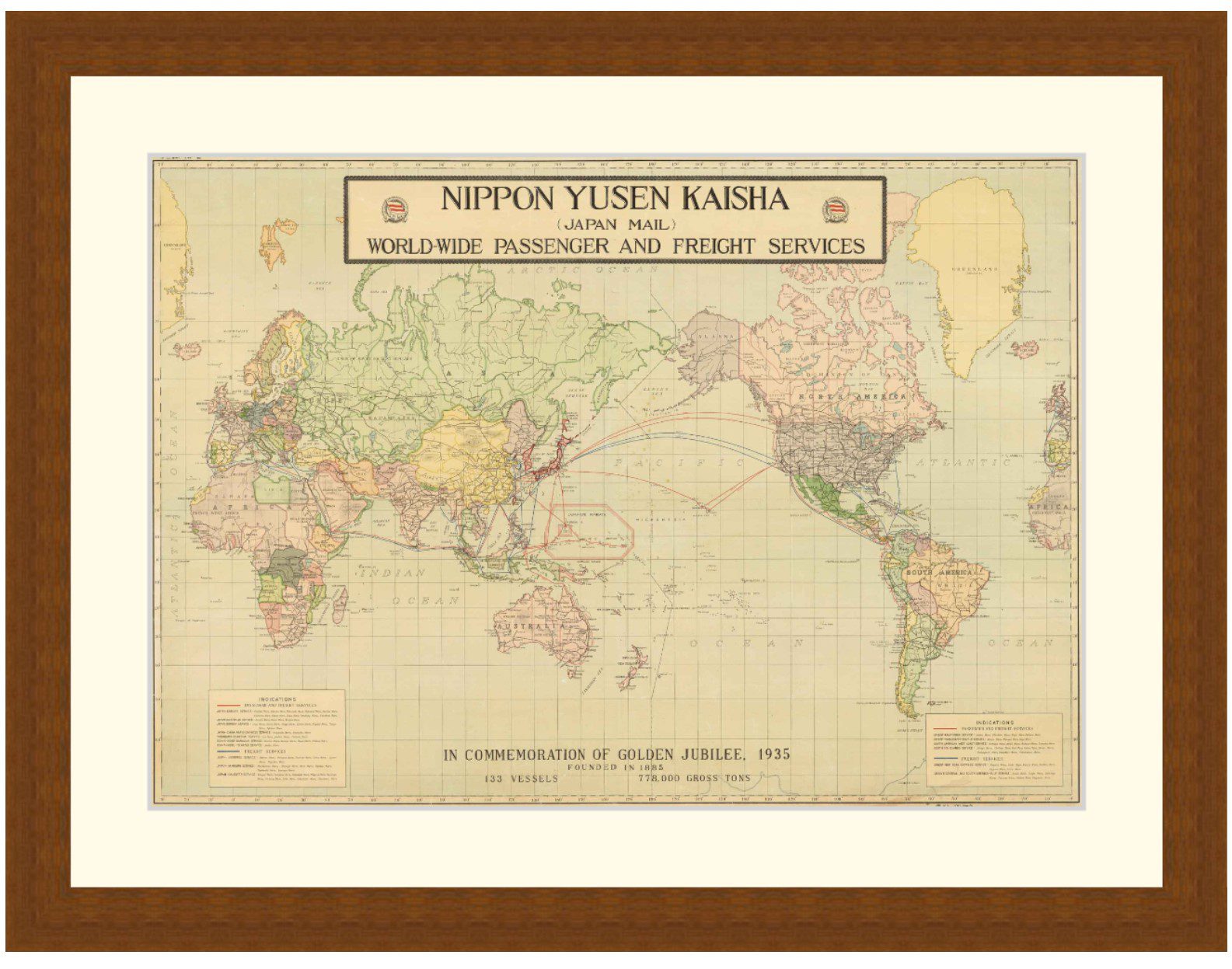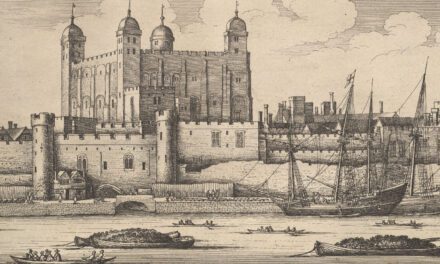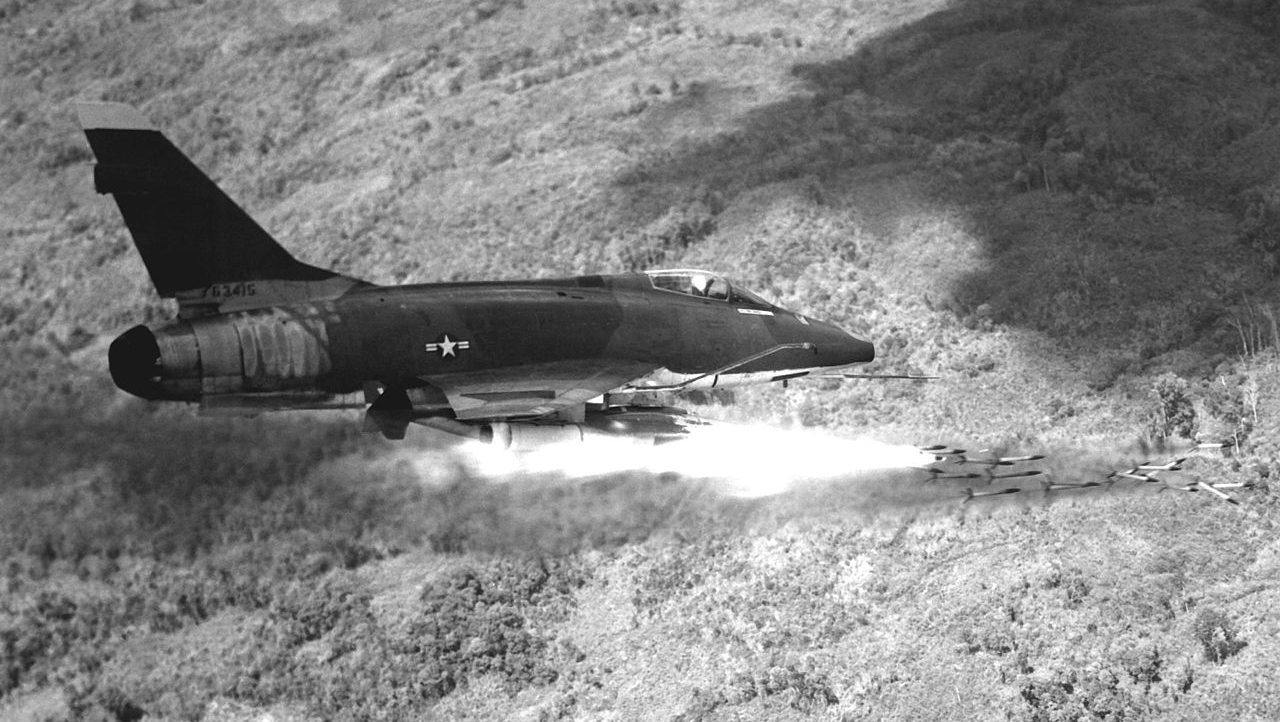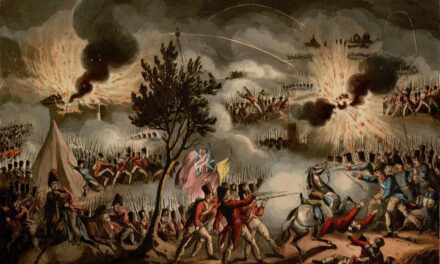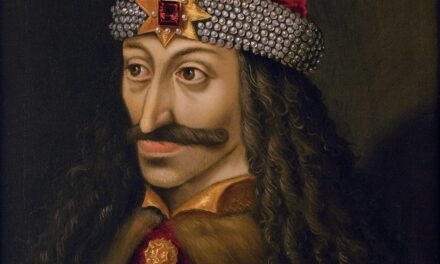The History Guild Weekly History Quiz.
See how your history knowledge stacks up.
Have an idea for a question? Suggest it here and we’ll include it in a future quiz!
Want to know a bit more about the questions in the quiz, or the story behind them? Read on!
1. The battle of the River Plate was part of which conflict?
WW2 – The Battle of the River Plate was fought in the South Atlantic on 13 December 1939 as the first naval battle of the Second World War. The Kriegsmarine heavy cruiser Admiral Graf Spee, engaged a Royal Navy squadron, comprising the cruisers HMS Ajax, HMS Achilles and HMS Exeter.
Graf Spee had sailed into the South Atlantic in August 1939, and had begun commerce raiding. The British sighted Graf Spee off the estuary of the River Plate near the coasts of Argentina and Uruguay.
In the ensuing battle, Exeter was severely damaged and forced to retire; Ajax and Achilles suffered moderate damage. Damage to Graf Spee, although not extensive, was critical because her fuel system was crippled. Ajax and Achilles shadowed the German ship until she entered the port of Montevideo, the capital city of neutral Uruguay, to effect urgent repairs. The Germans were told that they could only stay for 72 hours. Unable to complete the repairs in time the German commander ordered the ship to be scuttled.
2. King Zog I was the ruler of which country from 1922 to 1939?
Albania – Zog was active in Albanian politics from a young age and fought on the side of Austria-Hungary during the First World War. After previously being Prime Minister Zog was elected president in January 1925 and vested with dictatorial powers, with which he enacted major domestic reforms, suppressed civil liberties, and struck an alliance with Benito Mussolini’s Italy. In September 1928, Albania was proclaimed a monarchy and he acceded to the throne as Zog I, King of the Albanians. He fled to exile after the Italian invasion of Albania in 1939, Ian Fleming was part of the British forces who assisted his escape. During WW2 he supported resistance groups in Albania who were fighting the Germans and Italians. Zog attempted to reclaim his throne after the war. However, when the new Communist-dominated government seized power, one of its first acts was to bar Zog from ever returning to Albania. Sponsored by MI6 and the CIA, some forces loyal to Zog attempted to mount infiltrations into the country, but most were ambushed due to intelligence sent to the Soviet Union by spy Kim Philby.
3. What significant event did the South Seas Company cause?
One of the first stock market bubbles – The South Seas Company was a British joint-stock company founded in 1711. In 1713 the company was granted a monopoly to supply African slaves to the islands in the “South Seas” and South America.
The price of the stock went up over the course of a single year from about £100 to almost £1000 per share. Its success caused a country-wide frenzy as all types of people, from peasants to lords, developed a feverish interest in investing: in South Seas primarily, but in stocks generally. One famous apocryphal story is of a company that went public in 1720 as “a company for carrying out an undertaking of great advantage, but nobody to know what it is”. The price started to fall, dropping back to £100 per share before the year was out. This triggered bankruptcies amongst those who had bought on credit, and increased selling.
4. The Battle of Dien Bien Phu saw the comprehensive defeat of an army from which country?
French – The French began an operation to insert, then support, their soldiers at Dien Bien Phu, deep in the hills of northwestern Vietnam. The operation’s purpose was to cut off Viet Minh supply lines and draw the Viet Minh into a major confrontation in order to cripple them. The plan was to resupply the French position by air – based on the belief that the Viet Minh had no anti-aircraft capability. The Viet Minh, however, under General Võ Nguyên Giáp, surrounded and besieged the French. They brought in vast amounts of heavy artillery and anti-aircraft guns, and moved them through difficult terrain up the rear slopes of the mountains. The Viet Minh then dug tunnels through the mountain and emplaced the artillery pieces overlooking the French encampment.
After a massive artillery bombardment key positions were overrun, the perimeter contracted, and the air resupply on which the French had placed their hopes became impossible. As the Viet Minh anti-aircraft fire took its toll, fewer and fewer of those supplies reached the French. The garrison was overrun after a two-month siege, and most of the French forces surrendered. The French government in Paris then resigned, and the new Prime Minister supported French withdrawal from Indochina.
5. During the peak of prohibition how many “speakeasies” where there thought to be in New York City?
32,000 – With only around 200 prohibition agents attempting to police them. One famous prohibition agent was Richard James “Two-Gun” Hart, who was the estranged brother of Al Capone.
6. Which was the only ship sunk by the Bismarck?
HMS Hood – This was part of the Battle of the Denmark Strait in May 1941. The British battleship HMS Prince of Wales and the battlecruiser HMS Hood fought the German battleship Bismarck and the heavy cruiser Prinz Eugen, which were attempting to break out into the North Atlantic to attack Allied merchant shipping.
Less than 10 minutes after the British opened fire, a shell from Bismarck struck Hood near her aft ammunition magazines. Soon afterwards, Hood exploded and sank within three minutes, with the loss of all but three of her crew. Prince of Wales continued to exchange fire with Bismarck but suffered serious malfunctions in her main armament. The British battleship had only been completed in late March 1941, and used new quadruple gun turrets that were unreliable. Prince of Wales soon broke off the engagement.
7. What technological advance did the Transit satellite program provide?
The first satellite based navigation system – The Transit system, also known as NAVSAT or NNSS (for Navy Navigation Satellite System), was the first satellite navigation system to be used operationally. The radio navigation system was primarily used by the U.S. Navy to provide accurate location information to its Polaris ballistic missile submarines, and it was also used as a navigation system by the Navy’s surface ships, as well as for hydrographic survey and geodetic surveying. Transit provided continuous navigation satellite service from 1964 until 1996, when it was replaced by GPS.
8. What year did Napoleon die?
1821 – Read more about Napoleon’s legacy Brilliant and Flawed: The Enduring Legacy of Napoleon Bonaparte
9. The transport Awagisan Maru was the first Japanese ship sunk during WW2. What sank her?
A bomb from a RAAF Hudson bomber – Read more about this action Australia’s first action in the Pacific in World War II a valiant catastrophe
10. In 2003 which country formally admitted responsibility for the 1988 bomb placed on Pan Am Flight 103, which exploded over Lockerbie?
Libya – On 16 August 2003, Libya formally admitted responsibility for Pan Am Flight 103 in a letter presented to the president of the United Nations Security Council. The letter had “general language that lacked any expression of remorse” for the people killed in the bombing. The letter stated that it “accepted responsibility for the actions of its officials”.
The motive that is generally attributed to Libya can be traced back to a series of military confrontations with the US Navy that took place in the 1980s in the Gulf of Sidra, the whole of which Libya claimed as its territorial waters. First, there was the Gulf of Sidra incident (1981) when two Libyan fighter aircraft were shot down by two US Navy F-14 Tomcat fighters. Then, two Libyan radio ships were sunk. In 1986, a Libyan Navy patrol boat and another vessel was sunk in the Gulf of Sidra. The Libyan leader, Muammar Gaddafi, was accused of retaliating for these sinkings by ordering the April 1986 bombing of La Belle, a West Berlin nightclub frequented by US military personnel, killing three people and injuring 230.
Articles you may also like
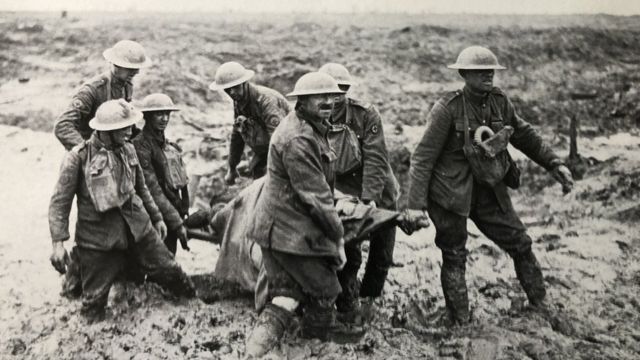
A History of the Great War, Volume One – Audiobook
A History of the Great War, Volume One – AUDIOBOOK By John Buchan (1875 – 1940) This is the first of a four-volume history of the First World War, covering the period from its outbreak in the summer of 1914 to the campaign in Neuve Chapelle of March 1915. The author, John Buchan, was most […]
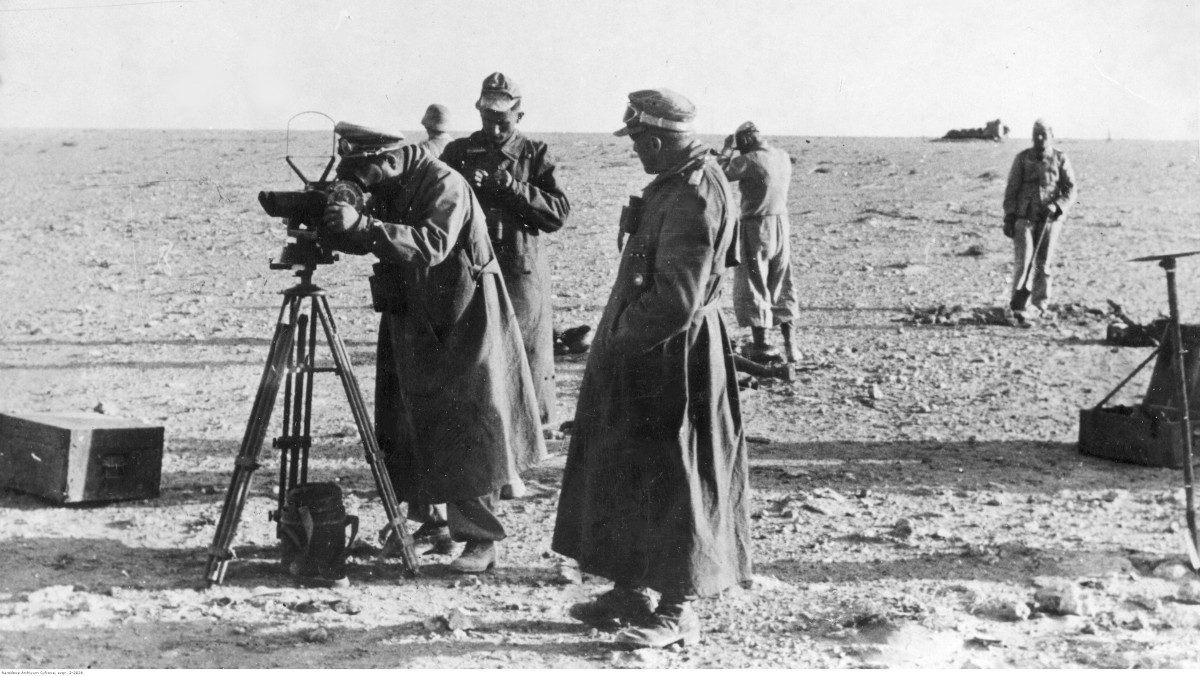
The Australians who Captured Rommel’s Intelligence Unit, Company 621
Reading time: 5 minutes
Though the North African campaigns of World War 2 have a reputation for mainly being fought by tanks, both sides relied as much on spying as they did on cold, hard steel. When the 9th Australian Division captured the German signals intelligence unit, company 621, right before the first battle of El Alamein, they dealt Field Marshal Erwin Rommel a fatal blow.

